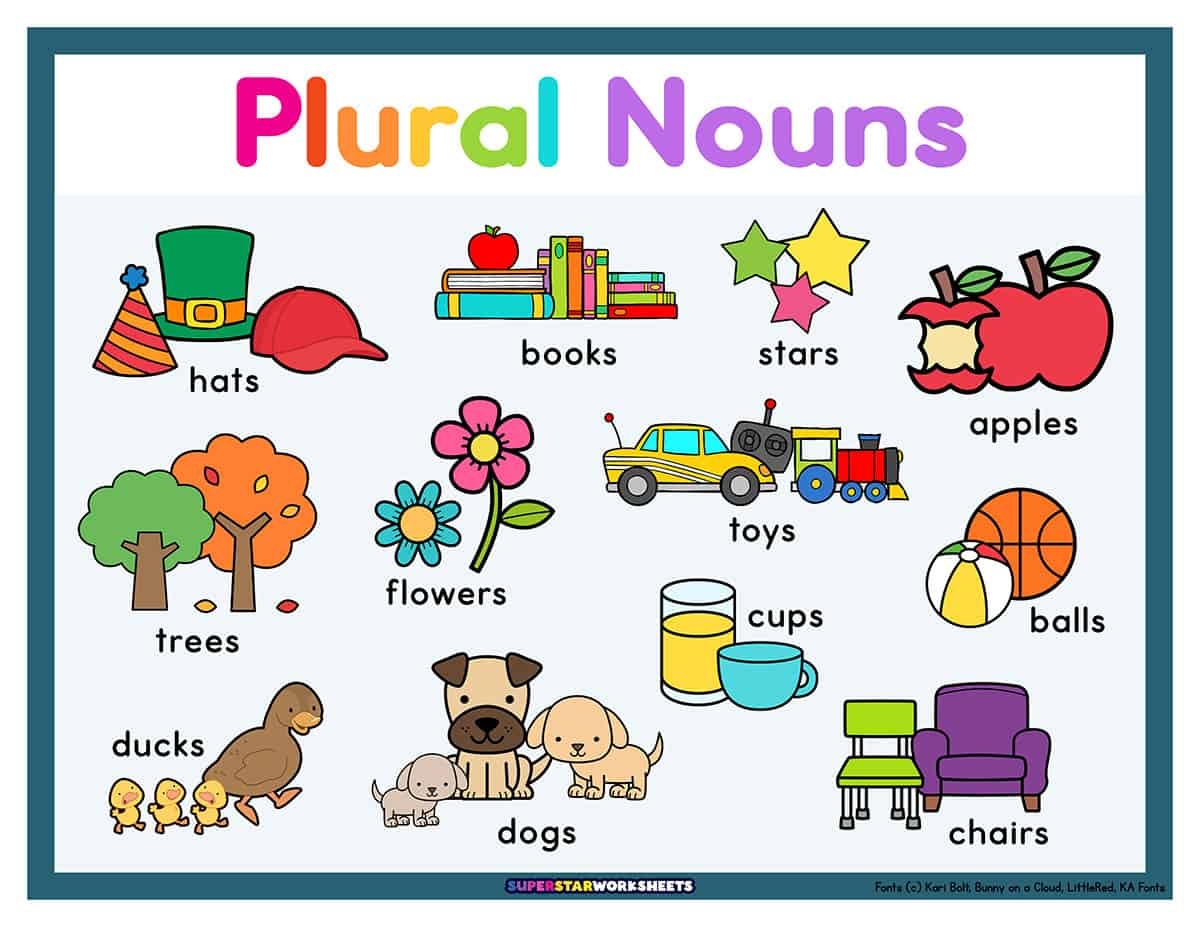Nouns are an essential part of language, serving as the building blocks for communication. They are words that name people, places, things, or ideas. Understanding nouns and how they can be used in their plural form is crucial for effective communication.
Plurals are used to indicate that there is more than one of something. By adding an “s” or “es” to the end of a noun, we can change it from singular to plural. For example, “cat” becomes “cats” when referring to more than one feline.
Noun and Plural
When using nouns in their plural form, it is important to understand the rules that govern how they are formed. Some nouns simply add an “s” to the end, while others may require a change in the spelling or the addition of an “es”. For example, “box” becomes “boxes” and “church” becomes “churches”.
Irregular plurals, however, do not follow a consistent pattern and must be memorized. For instance, “child” becomes “children” and “man” becomes “men”. These exceptions can be tricky to remember, but they are essential for proper grammar and clear communication.
It is also important to note that some nouns do not change at all when they are pluralized. These are known as “pluralia tantum” and include words like “scissors”, “pants”, and “glasses”. While they may look like plurals, they are actually singular nouns that represent a pair or set of items.
Understanding how to use nouns and their plurals correctly can help avoid confusion and miscommunication in writing and speech. By mastering these basic rules, you can enhance your language skills and express yourself more effectively.
In conclusion, nouns and their plurals play a vital role in language and communication. By understanding how to form plurals correctly and recognizing irregularities, you can improve your grammar and convey your thoughts more clearly. Practice using nouns in both their singular and plural forms to enhance your language skills and become a more proficient communicator.
